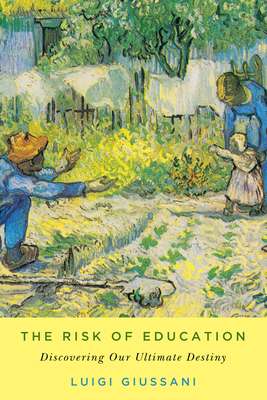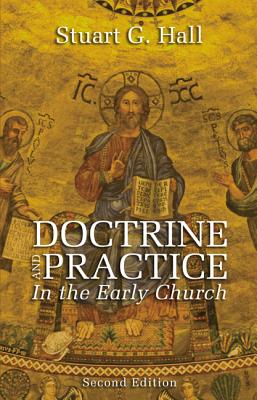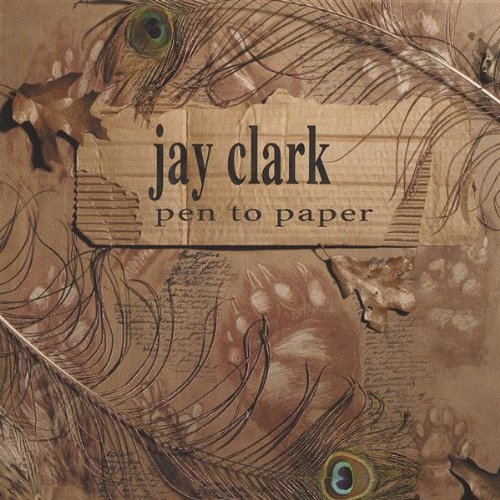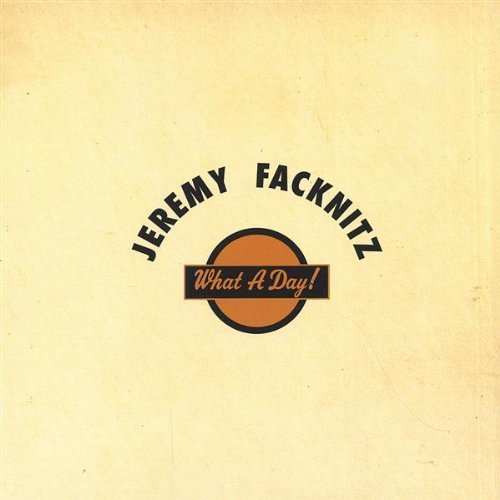
description
7Luigi Giussani, a high school religion teacher throughout the 1950s and 1960s, grounded his teachings in the vast body of experience to be found in Christianity's two-thousand-year history. He told his students, "I'm not here to make you adopt the ideas I will give you as your own, but to teach you a method for judging the things I will say." Throughout his life, education was one of Giussani's primary intellectual interests. He believed that effective education required an adequate background in the Christian tradition, presented within a lived experience that underscored the capacity of the faith to answer universal questions. What he proposed was a process that allowed one to sift through tradition, critically examining it and comparing it against the ultimate criteria for judgment: the desires of the heart. In Giussani's view, the primary concern was to "educate the human heart as God made it." In The Risk of Education he states that fear leads students to associate this process of criticism with negativity or doubt. Yet, without an education in criticism, students cannot develop conviction. At a time when young people are abandoning the church and questioning the value of faith, Giussani's method of judging and verifying Christianity as an experience seems a necessary intervention. In The Risk of Education he argues that, ultimately, education and the Christian message reveal themselves through human freedom.
member goods
No member items were found under this heading.
Return Policy
All sales are final
Shipping
No special shipping considerations available.
Shipping fees determined at checkout.







